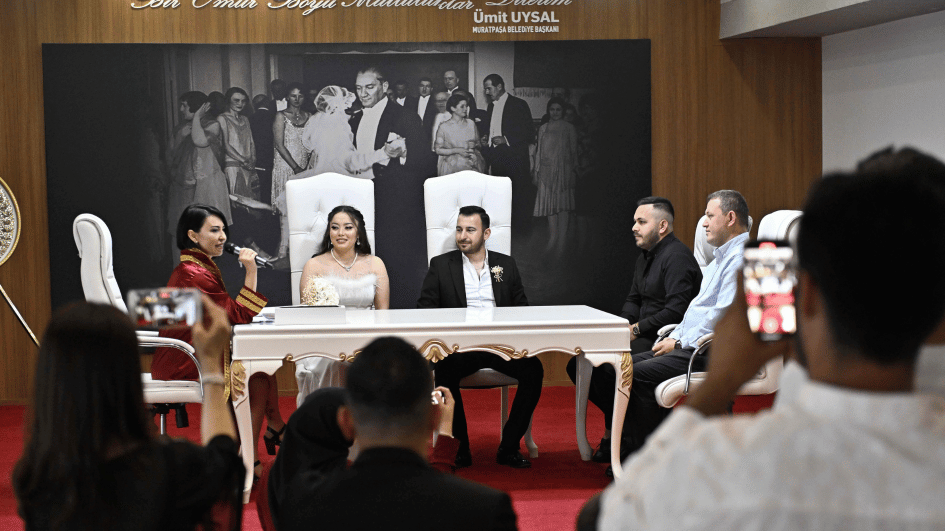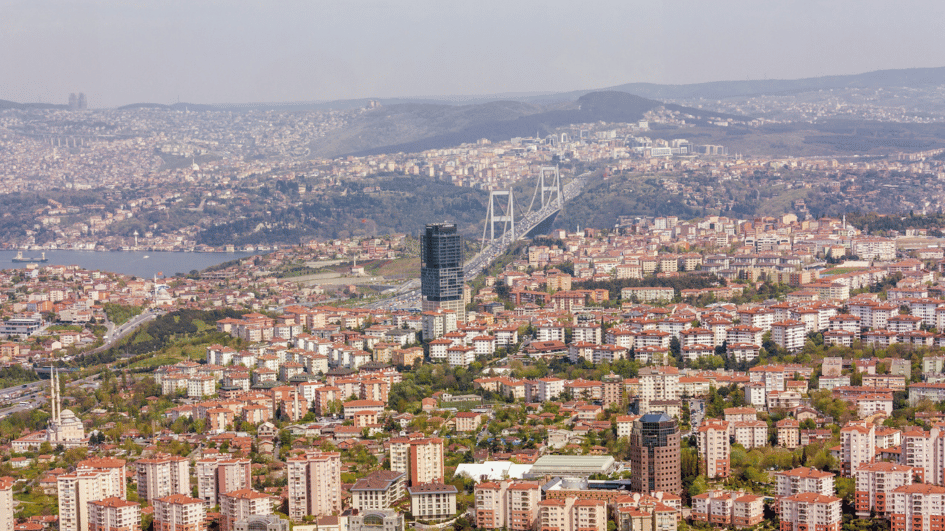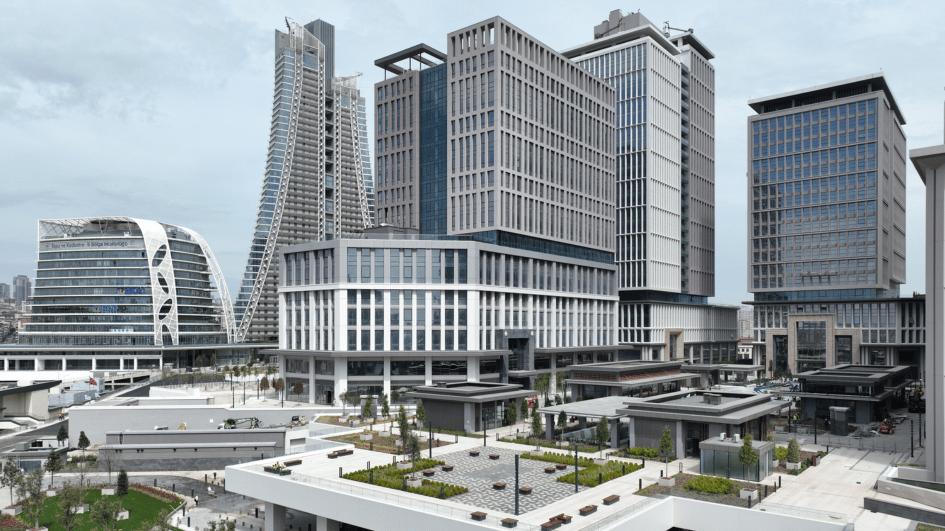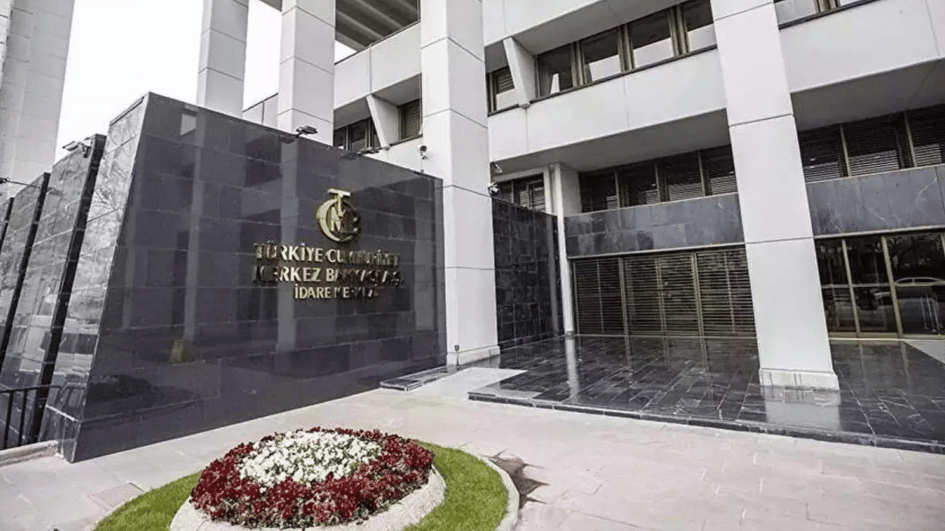Islamists will not shape the Middle East
The debate about who used chemical weapons in Syria rages on. Everyone is accusing someone else based on the position they have taken on this crisis. Meanwhile, it is apparent that the United Nations will not act against the Bashar al-Assad regime due to Russia and China’s position at the Security Council.
The formula enabling Washington and Moscow to cooperate to solve the crisis has also not been found yet, even though this is what will ultimately end the violence in that country. With the sectarian power struggle between Saudi Arabia and Iran on the one hand, and the struggle between the United States and Russia reminiscent of the Cold War on the other, this crisis still has time before it runs its course.
Given the stalemate, pressure is nevertheless mounting on the U.S. to do something. There is talk that Washington may gather a coalition of the willing for an operation like the one against the Serbs in Kosovo in 1998. Turkey is also exhorting the U.S. to act.
Of course it is contradictory – given Prime Minister Recep Tayyip Erdoğan’s accusation that Western countries are the “bloodsuckers” that depleted the region – for Ankara to be calling on the U.S. to act, but that is another story. This aside though, it is not certain that the U.S. will act.
Voices supporting an intervention may be increasing in the White House, the State Department and Congress. But the U.S. military is said to still be wary about the negative fallout from an intervention. Opinion polls also show that the U.S. public does not want another adventure in the Middle East.
There is also the likelihood that a U.S.-led intervention will aggravate the situation further given the support al-Assad continues to get from Russia, Iran and Hezbollah. What is certain at this stage is that this crisis will not be resolved in the way Ankara wants.
It does not seem possible either to set up the safe havens Turkey wants for the predominantly Sunni Syrian refugees because these will require military protection on the ground. Even al-Assad’s staunch adversaries, Turkey, Saudi Arabia and Qatar, are unwilling to provide this force themselves. They want an international effort.
That, however, will mean a Western-led effort. There is, however, little appetite in the West also for this. Should the U.S. nevertheless establish a “coalition of the willing” and intervene in Syria, in one way or another, this will have results that will not please everyone in Turkey.
Western influence in the Middle East will increase after such an intervention. As the situation in Egypt shows, the West will also have regional allies that are opposed to the Muslim Brotherhood and Salafists. In other words, the West will not intervene in Syria and then leave the ground for Islamists of one shade or another to fill in.
The bloc that will have been established among Western and regional powers is also unlikely to look favorably on meddling in the region by an Islamist Turkey that is a staunchly pro-Muslim Brotherhood. We already see evidence of this today.
Turkey will, of course, remain an element in the regional equation. But it will be a secondary force, a mere “facilitator,” because it squandered its neutrality in regional disputes, a fact that will prevent it becoming a decisive player.
Whether it is a U.S.-led intervention in Syria, or one agreed on by the U.S. and Russia, or even an unlikely intervention by regional powers, what is certain is that the Middle East to emerge out of all this will not be the place that Islamists dream of. It is crucial for Ankara to see this and adjust its policies accordingly if it does not want to continue losing ground in the region.
The Middle East proved to be far more complicated and unpredictable than the Erdoğan government expected. Key factors were overlooked and this resulted in isolation for Ankara. Erdoğan’s advisers may be trying to put a moralistic spin on this by referring to it as “precious isolation,” but whether it really is “precious” is seriously debatable.











